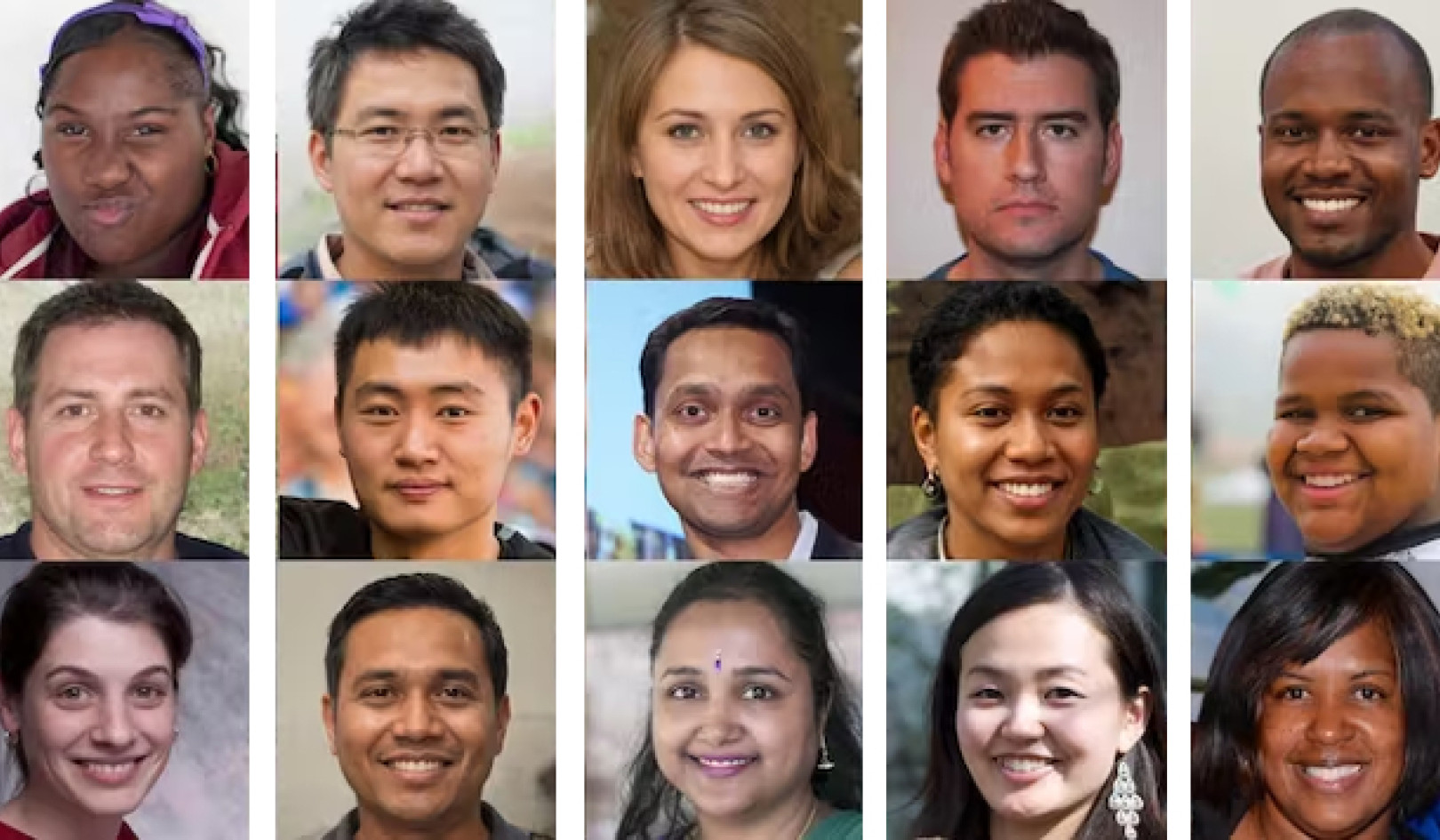
When we think of the word wound, we usually do not associate it with sources of wisdom or personal power, but your wounds can reveal great knowledge and self-understanding. Wounds contain wisdom and possess great power, particularly when you allow your wounding to be felt and acknowledged. They can be your greatest source of strength and teach you the gift of self-compassion.
When you have experienced suffering that splits you open, you have the opportunity to understand the true meaning of the heart of compassion for yourself and for others in your life. Remember that the shattering you are experiencing is part of a transformative process.
Trust that you will indeed emerge anew to create beauty from destruction. This is the heroine’s journey. Seek the wisdom; seek the message; seek the bold and evolving knowledge that you can find through your wounds.
Several Types of Wounding
There are several types of wounding: physical, emotional, and spiritual. You may be experiencing one or more types of wounding. If you can identify that wounding, you can use it to empower yourself.
Take a moment and ask yourself whether your wounding is physical, emotional, or spiritual. What type of wounding is being presented to you at this time to help you gain greater self-knowledge? Are you ready to hear its message? How can you attend to your wounding and transmute it into further insight.
TRIAL
During one of her battles, Joan of Arc was struck in the neck by an arrow, a wound that her voices told her she would suffer. Her men carried her off the battlefield, trying to shield her from the violent combat zone, and instead of agreeing to be taken to safety in a nearby village, she removed the arrow from her neck and returned to the battle, a battle that she and her men won.
MESSAGE
Nothing can prepare you for facing your wounds because they will be unfamiliar.
Even though I was told that I would be injured, I didn’t know, truly know, how I would react until it happened. I was astonished by my own strength and ability to summon the inner courage to continue.
If you are feeling injured in mind, body, or spirit, attend to these wounds and don’t ignore them. Acknowledge them. If it is a physical wound, find appropriate paths to alleviate the pain and seek out help from trusted healers.
Emotional and spiritual wounds are usually much deeper; however, the fact that they are invisible does not reduce their impact. Find the emotional and spiritual sustenance and support that you need, from family, friends, and professionals that you feel safe with and can trust. You do not have to go through this alone. I had help from my army of support, and so can you.
MEDITATION
Close your eyes.
Think about a wounding experience you have identified. Go deeper and imagine that this wounding has an important message to offer you. Listen.
You do not have to reinjure yourself; but listen to the message as an interested observer. Quiet yourself, free yourself from all distractions, and truly listen in the silence. Expect that you will receive wisdom to help you understand your wounding and realize it is your friend and a valuable ally.
If you do not receive any direct message immediately, that is fine; there is no time limit. Dream work can be a rich source and a powerful method for activating messages about what you need for your healing process.
Before you go to sleep tonight, tell yourself that the inner knowing you seek will be revealed to you through your dreams and that you will remember the communication.
Seek The Wisdom Contained In The Wound
You may know people who have shown you their scars from war, battles with cancer, or life’s circumstances. When some one offers this visual illustration to you, it is an honor to be part of this connection with them. Revealing one’s wounds shows courage, and wounds survived are a badge of honor.
Your wounds are sacred, and I urge you to acknowledge the power — yes, power — inherent in your wounds, for in my experience, that acknowledgment is formidable and never leaves you. The following exercise is not an easy one but has its rewards.
STEP 1: Write the following headings in your journal (leave some space for writing under each one): “Mind,” “Body,” “Spirit.”
Underneath each of these headings, list all of the woundings that you feel in that area of your life. Be honest with yourself. If you find that you can only write one or two woundings, that is fine; just return to this exercise as many times as you need to, until you have completed your list. If you wish, you can go to the next step even before you finish the list.
STEP 2: Now you will use writing exercises to work with each wounding you listed.
For each wounding, ask yourself whether it is really true for you and what messages it might hold. For instance, if under “Mind,” you wrote, “Lack of emotional security,” take some time to think about whether this perceived lack of emotional security is true for you. Then ask yourself this question: If I allowed the lack of emotional security to speak with me, what would its message be? The following is an example:
WOUNDING: I feel emotionally unstable.
This feels true for me now, but I don’t remember feeling this way my whole life. I began feeling unstable after my diagnosis.
My emotional instability is telling me that I need to be taken care of, that I need to share my feelings of vulnerability and ask for emotional support from my family and friends right now.
Take as much time as you need to engage with this dialogue for each of the woundings you have listed. The key to this exercise is to listen to the message contained in the wounding.
This exercise may bring up emotions and memories of the past, and that is okay; take your time to examine your woundings with respect, for they are an integral part of you. And if you find that you need additional support from a professional, then do not hesitate to reach out.
©2015 by Janet Lynn Roseman. All Rights Reserved.
Reprinted with permission of the publisher,
New World Library, Novato, CA 94949. newworldlibrary.com.
Article Source:
 If Joan of Arc Had Cancer: Finding Courage, Faith, and Healing from History's Most Inspirational Woman Warrior
If Joan of Arc Had Cancer: Finding Courage, Faith, and Healing from History's Most Inspirational Woman Warrior
by Janet Lynn Roseman, PhD.
Click here for more info and/or to order this book.
About the Author
 Janet Lynn Roseman, PhD, is an assistant professor in medical education at Nova Southeastern University College of Osteopathic Medicine in Fort Lauderdale, Florida, and director of the Physician Fellowship Program in Integrative Medicine. She specializes in spirituality and medicine, and created the Sidney Project in Spirituality and Medicine and Compassionate Care™, a unique model in medical education that reminds physician residents of the sacredness of their profession and the importance of creating caring environments for both patients and physicians. She leads workshops for people with cancer and offers the “Cultivating Courage with Joan of Arc” training program for healthcare professionals who work with oncology patients. She is also a Reiki master, dance therapist, and intuitive healer. Her column on healing with Joan of Arc appears in Sedona Journal of Emergence.
Janet Lynn Roseman, PhD, is an assistant professor in medical education at Nova Southeastern University College of Osteopathic Medicine in Fort Lauderdale, Florida, and director of the Physician Fellowship Program in Integrative Medicine. She specializes in spirituality and medicine, and created the Sidney Project in Spirituality and Medicine and Compassionate Care™, a unique model in medical education that reminds physician residents of the sacredness of their profession and the importance of creating caring environments for both patients and physicians. She leads workshops for people with cancer and offers the “Cultivating Courage with Joan of Arc” training program for healthcare professionals who work with oncology patients. She is also a Reiki master, dance therapist, and intuitive healer. Her column on healing with Joan of Arc appears in Sedona Journal of Emergence.
Watch an audio-visual presentation: Honoring The Medicine Now (with Janet Lynn Roseman)
























